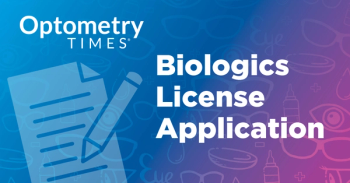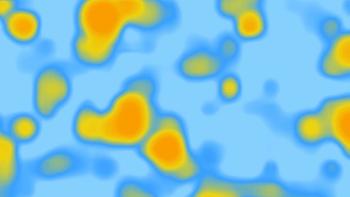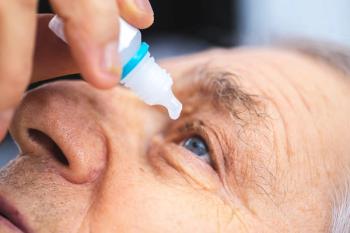
5 questions your patients need answered about the solar eclipse
Our podcast with Omar Punjabi, MD, retinal specialist at Charlotte Eye, Ear, Nose, and Throat, discusses the science behind solar retinopathy and how eclipse glasses give protection that standard eyewear can’t.
Darryl Glover, OD, and Jennifer Lyerly, ODOn August 21, the skies over a 70-mile wide path from Oregon to South Carolina will darken as the sun is completely blocked by the moon in a rare total solar eclipse.
Americans haven’t had a chance to see such a cosmic event since 1979, and 500 million people across North America will experience at least a partial eclipse in action.
With such an historic occasion, viewing the eclipse is generating plenty of buzz and doing so safely is of utmost importance.
Previously from Defocus Media:
As optometrists, we are the point persons for our community’s concerns and questions about eye health and vision, and many of us will be fielding questions about how to view the eclipse safely as the day draws near.
Our podcast with Omar Punjabi, MD, retinal specialist at
Newsletter
Want more insights like this? Subscribe to Optometry Times and get clinical pearls and practice tips delivered straight to your inbox.








































